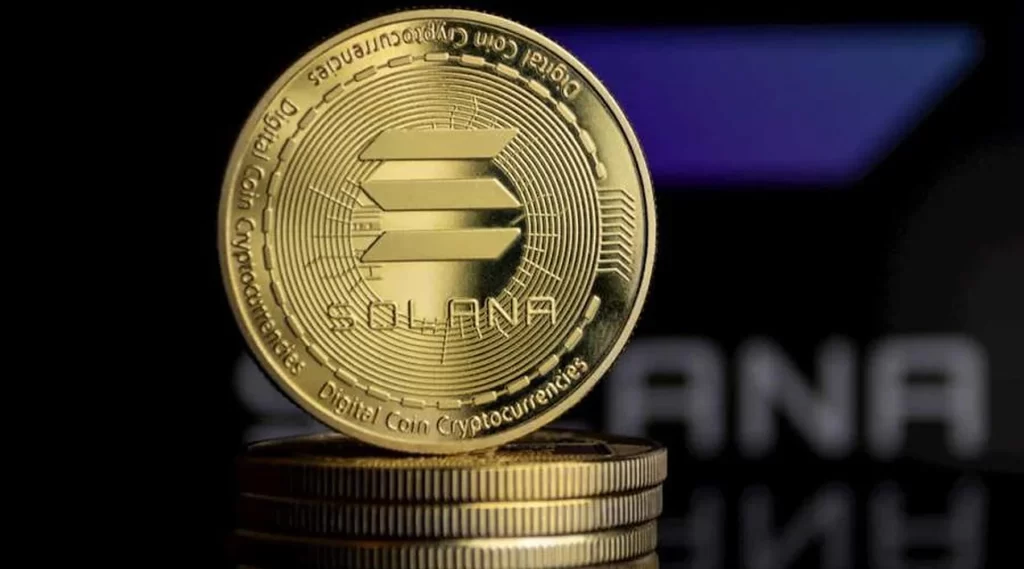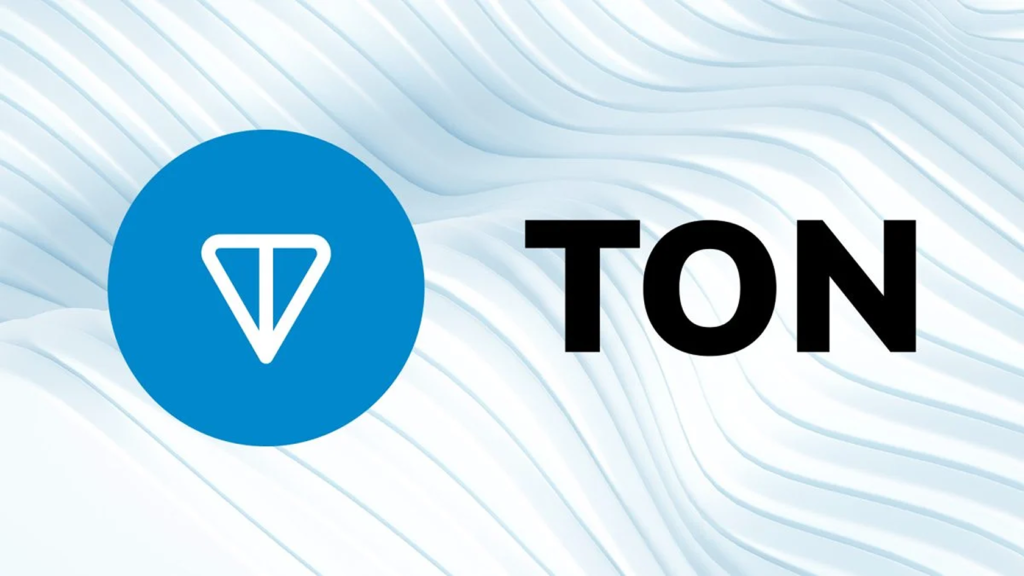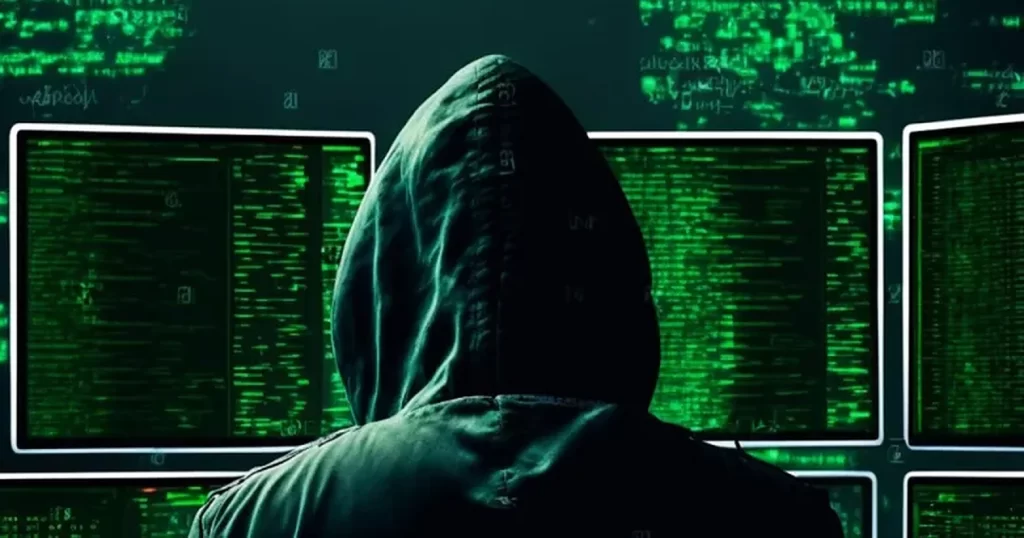Riot Platforms, a prominent Bitcoin (BTC) mining company, has disclosed that its holdings now surpass 10,000 Bitcoin, marking a 37% increase from the previous year. Despite this growth, the company experienced a 13% reduction in Bitcoin production in August 2024 compared to July, reflecting wider challenges within the industry.
Bitcoin mining firms have faced profitability issues following the Bitcoin network’s halving event in April, which reduced the mining reward from 6.25 BTC to 3.125 BTC per 210,000 blocks. This, coupled with rising energy costs, has pushed miners to consider diversifying their operations into more energy-intensive sectors like data centers and artificial intelligence, despite higher operational costs.
In August, Riot produced 322 Bitcoin, down from 370 in July and slightly lower than the 333 Bitcoin mined in August 2023. Notably, unlike last August when the company sold 300 Bitcoin generating $8.6 million, no Bitcoin sales occurred this August. “August is historically the hottest month of the year in Texas, resulting in some of the highest periods of demand on the ERCOT grid,” stated Jason Les, CEO of Riot.
Focusing on energy optimization, Les noted that Riot had managed to reduce its power costs by making more power available to the grid during peak demand periods. This strategy resulted in the generation of power credits in August, leading to an all-in power cost at its Rockdale, Texas facility of $20 per megawatt-hour (MWh). Meanwhile, the Corsicana facility, which buys energy at real-time spot prices, reported a cost of $39/MWh for the same period.
Additionally, Riot’s operating hashrate in August was 14.5 exahashes per second (EH/s), down 7% from July’s 15.5 EH/s. Despite the monthly decrease, this figure represents a significant 224% increase from August 2023, underlining the enhanced computational power required for securing and processing transactions on the blockchain.








